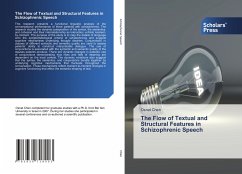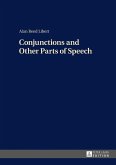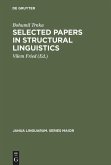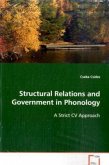This research presents a functional linguistic analysis of the conversational performance of three patients with schizophrenia. The research studies the dynamic juxtaposition of the syntax, the semantics, and cohesion and their interrelationship as interaction unfolds moment-by-moment. The purpose of the study is to map the details of language onto the symptomatological criteria of schizophrenia and suggest cognitive mechanisms underlying thought disorder. Conjunctions in clauses of different syntactic and semantic quality are used to assess patients' ability to construct interpretable dialogue. The use of conjunctions is associated with the syntactic and semantic quality of the clauses patients produce. There are dynamic changes in patients' use of conjunctions demonstrating how rises and falls of meaning are dependent on the local context. The dynamic variations also suggest that the syntax, the semantics, and conjunctions bundle together by underlying cognitive mechanisms thatfluctuate throughout the conversation. These mechanisms reflect moment-to-moment changes in cognitive functioning that affect the semantic shaping of text.
Bitte wählen Sie Ihr Anliegen aus.
Rechnungen
Retourenschein anfordern
Bestellstatus
Storno








